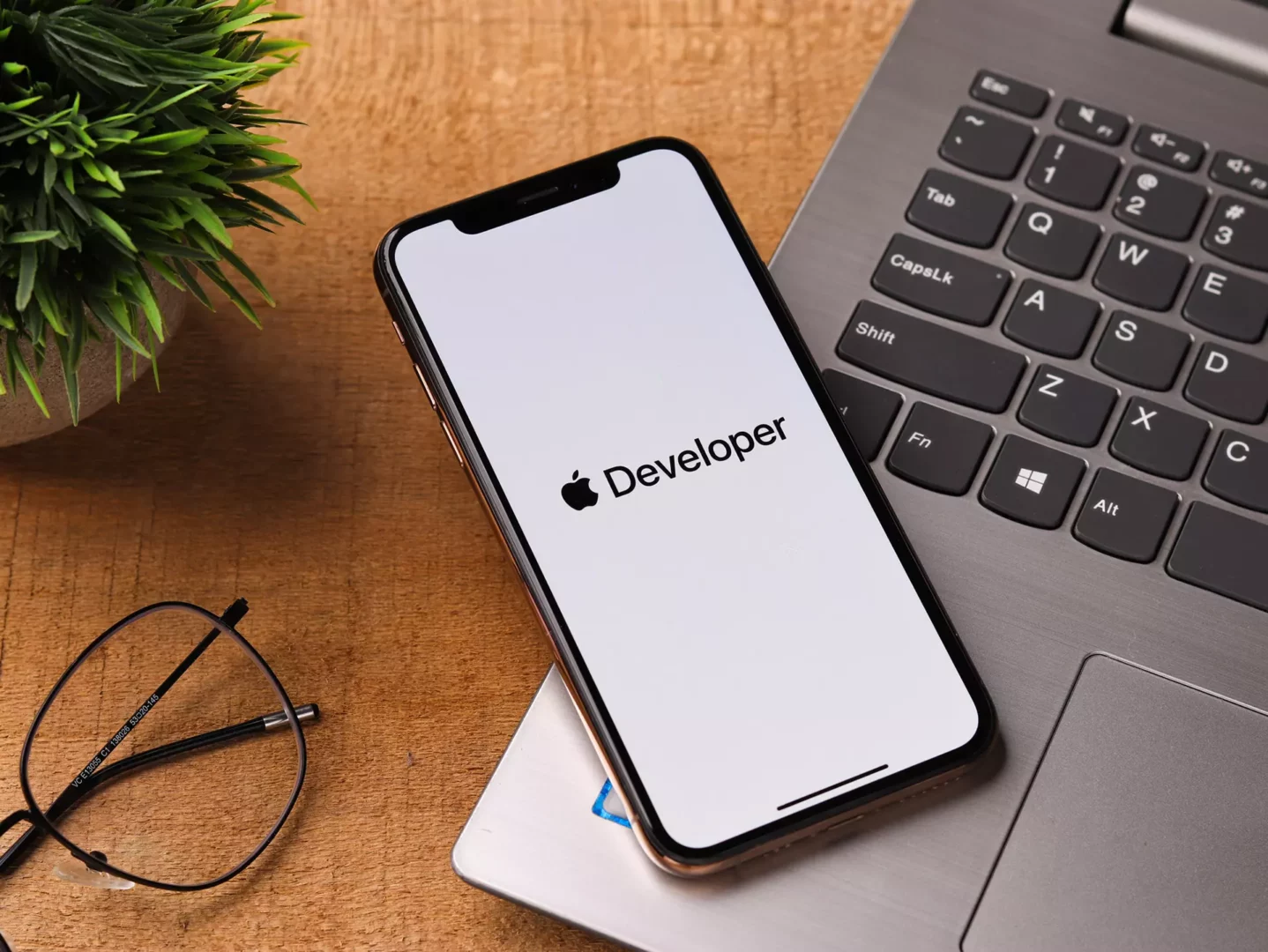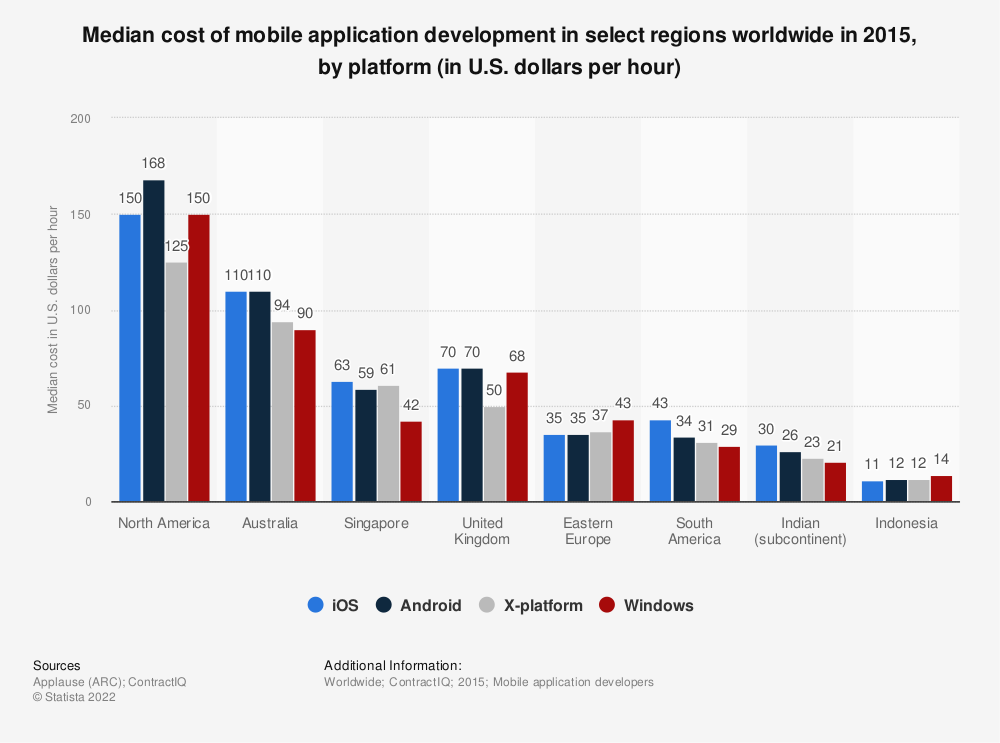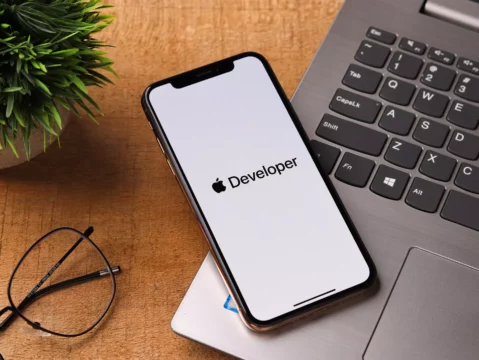
If you’ve been learning about apps, you’ve likely come across the terms Native app, Cross-platform, and Web app. In this article, we will define what is native app is and how they are different from the alternatives, as well as their advantages and disadvantages.
A native mobile app is software built to work directly with a mobile device’s operating system and hardware. Native Apps for iPhone are written using the Swift or Objective-C programming languages, while for Android Devices, they are written using Kotlin or Java.
Examples of Native Apps
Several popular apps such as Lyft, PokemonGO, Twitter and many others are completely native to the app world. However, there has been more progress in hybrid applications since the introduction of frameworks such as React Native and Flutter.
The Difference Between Native And Hybrid Apps
While native apps are built to work specifically with a device’s operating system and hardware. Hybrid Apps are built to work across devices regardless of the underlying system but still provide access to the device features while using a by using the same code base across android and ios devices.
The most popular frameworks for building hybrid apps are React Native, Flutter, Ionic, Xamarin, and Ionic. Most of these frameworks allow app developers to use Web technology such as HTML, CSS, and JavaScript rather than a native programming language.
Despite being built with the same technology used for building websites, Hybrid applications compile to native code, which allows you to build and deploy your app to the app stores.
The Difference Between Native Apps and Web App
The key difference between native and web apps is that native apps are built specifically for one platform and installed on the user’s device, while web apps are accessed through a web browser over the internet.
Another key difference is that native app users have to go through an app store to download the app, while anyone can access a web app by typing in the URL.
What Are The Advantages Of Native Apps?
They Provide A Better User Experience
Native apps provide a better user experience because they are designed specifically for a particular platform and take advantage of all the native features that the platform has to offer.
They are also faster and more responsive because native apps are written in the native programming language, and they can take advantage of all the performance optimization techniques that have been developed for that language. This results in native apps being faster and more responsive than web apps.
They Provide Good Security
Native apps provide improved security over hybrid or web apps because they are more difficult to reverse engineer and decompile. This makes it harder for attackers to find vulnerabilities in native apps. The operating system is designed to be a highly secure platform and is designed to protect against misuse. All native apps are supported by their own APIs that are thoroughly checked by the system versions and tested.
Allow Access To Complete Device Features
Native mobile apps can take advantage of the device’s features such as the camera, GPS, and push notifications. This is a big advantage over web apps which have limited access to mobile device hardware.
Improved Performance
Native software can run faster in languages specific to the environment of the system, allowing for a more user experience. Instead of using native apps or relying on hybrid applications, native apps are able to access a variety of unique components and APIs optimized for different devices.
They Can Work Offline
Most native apps can work offline, or when there is poor internet conectivity. This is because native app data is stored locally on the device, while most web apps store on a remote server.
What Are The Disadvantages Of Native Apps?
They Take Longer To Develop
In general, the development of native applications takes longer than a hybrid or web app because each native app must be designed and coded specifically for a particular platform. In contrast, hybrid and web apps can run on multiple platforms with little or no modification.
It’s Difficult To Find Developers With The Right Skills
Native app development requires developers to be experts in the given platform they are developing for.
For an Android App, this would mean a developer who can write with Kotlin or Java code in Android Studio for Android Phones and knows their way around the play store.
For iOS apps, you’d need an iOS developer who at the very least, can write Swift or Objective-C programming languages using an XCode or a similar tool, while keeping up to date with the latest iPhones and knowing their way around Apple’s App Store.
As you might have guessed it can be really hard to find developers like this. Not least because there are relatively few people with the necessary skills and experience, it can also be expensive to hire someone with these skills, as they are in high demand. However, it is worth investing in an expert developer if you want to create a high-quality native app.
They’re More Work To Maintain
Native apps can be harder to maintain because you need a separate code base for the different mobile platform you are developing, which each need to be kept up to date individually. This can create a lot of work for the developers.
Another challenge of multiple code bases is that it can be challenging to develop features that work across all platforms. This can be a challenge for native app developers who want to create features that take advantage of the specific capabilities of each platform.
They Are More Expensive To Develop
Generally, native app development has a higher cost than building hybrid or web apps. This is partly due to the business demand to have both iOS and Android versions of their app created, which essentially means two versions of the same app. But the main reason native mobile apps are more expensive to build and maintain is that they require specialized skill sets for each platform. In contrast, hybrid and web apps can run on multiple platforms with little or no modification. This means that you don’t need to hire as many expert developers, saving you a lot of money in the long run.
How much does native app Mobile development cost?

The prices for creating apps differ depending on several factors, including the type of app, platforms, layout, number of screens, features & infrastructure. Due to these factors, good data on the average cost to develop an app is almost nonexistent. That being said, we have some trusted sources of information.
The average cost to develop a native app in the UK in 2015 was between £32,000 and £45,000. This includes the cost of design, development, testing, and deploying your app to the App Store or Google Play Store.
While in the USA, the average cost to develop a mobile app is between $125,000 and $168,000.

| Platform | Year | Cost UK (GBP £) | Cost USA (USD $) |
|---|---|---|---|
| Native iOS | 2015 | 45,000 | 150,000 |
| Native Android | 2015 | 45,000 | 168,000 |
| Cross-Platform / Hybrid | 2015 | 32,000 | 125,000 |
Table showing the median cost of mobile application development in the United Kingdom and the USA in 2015, by platform. Source: Statista
If you’re looking to develop a native app for your business, it’s important to invest in expert developers who can create a high-quality product that meets your specific needs.
Could you use some help on a mobile app development project?
At Full Revolution, we love to help entrepreneurs bring their app ideas to life. So, if you dream of launching an app for iPhone or Android devices and could use some help, you can get in touch with us here.

